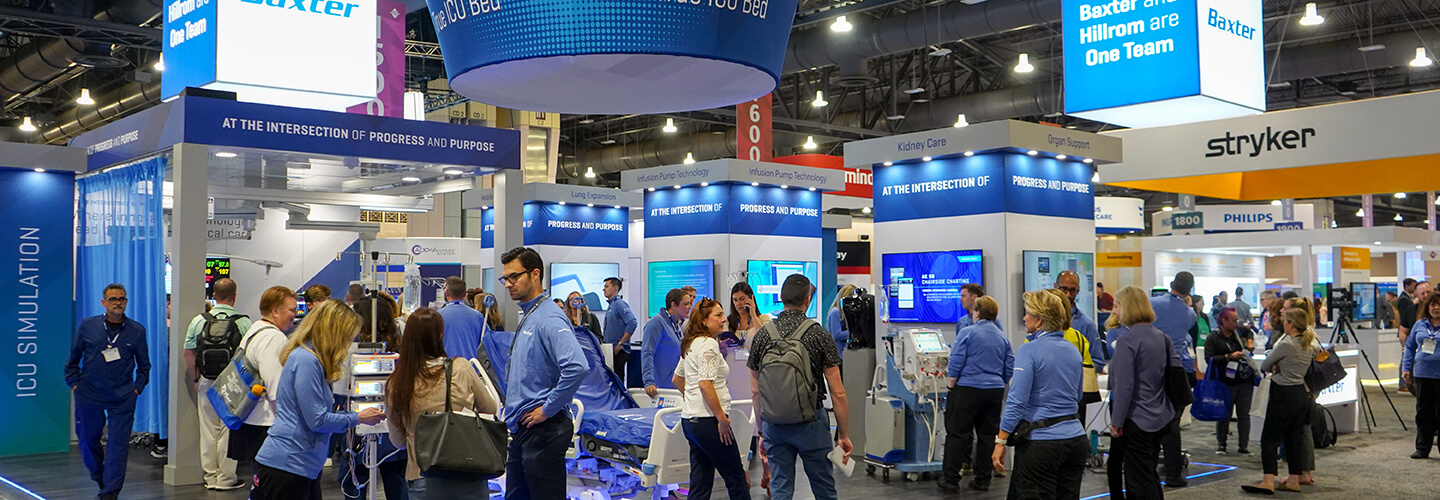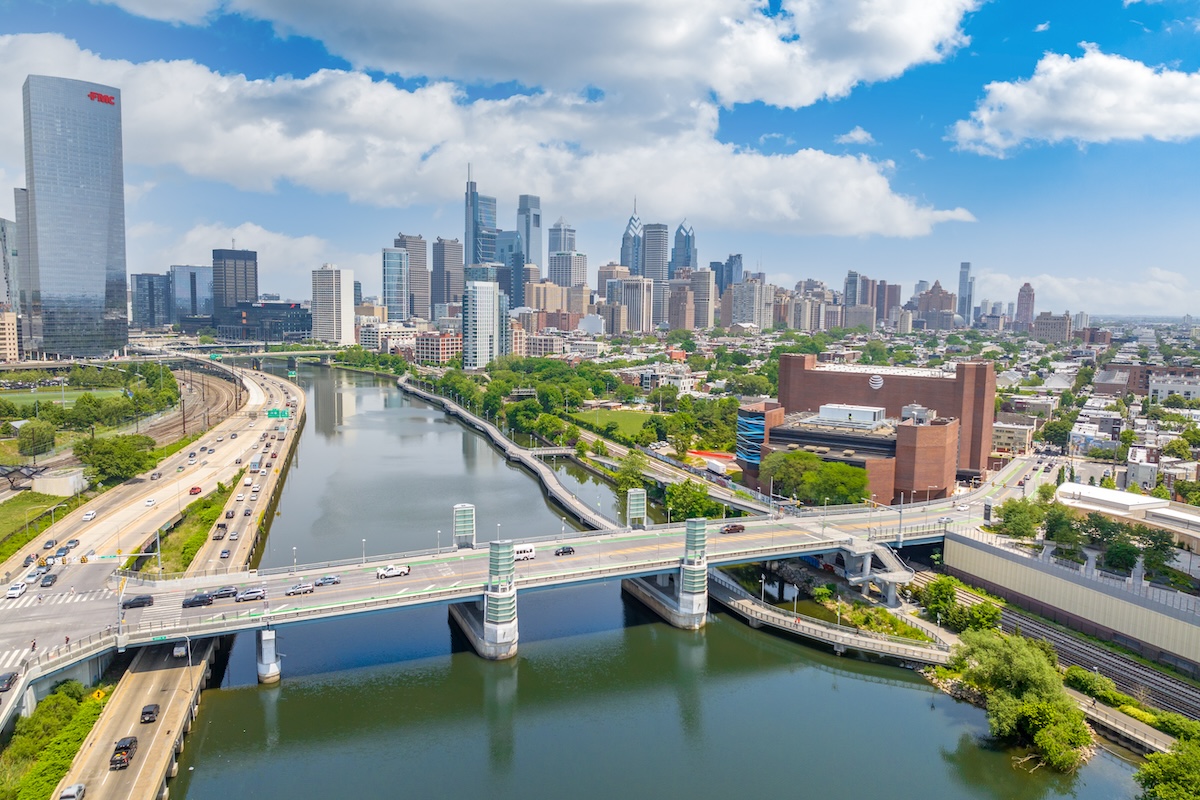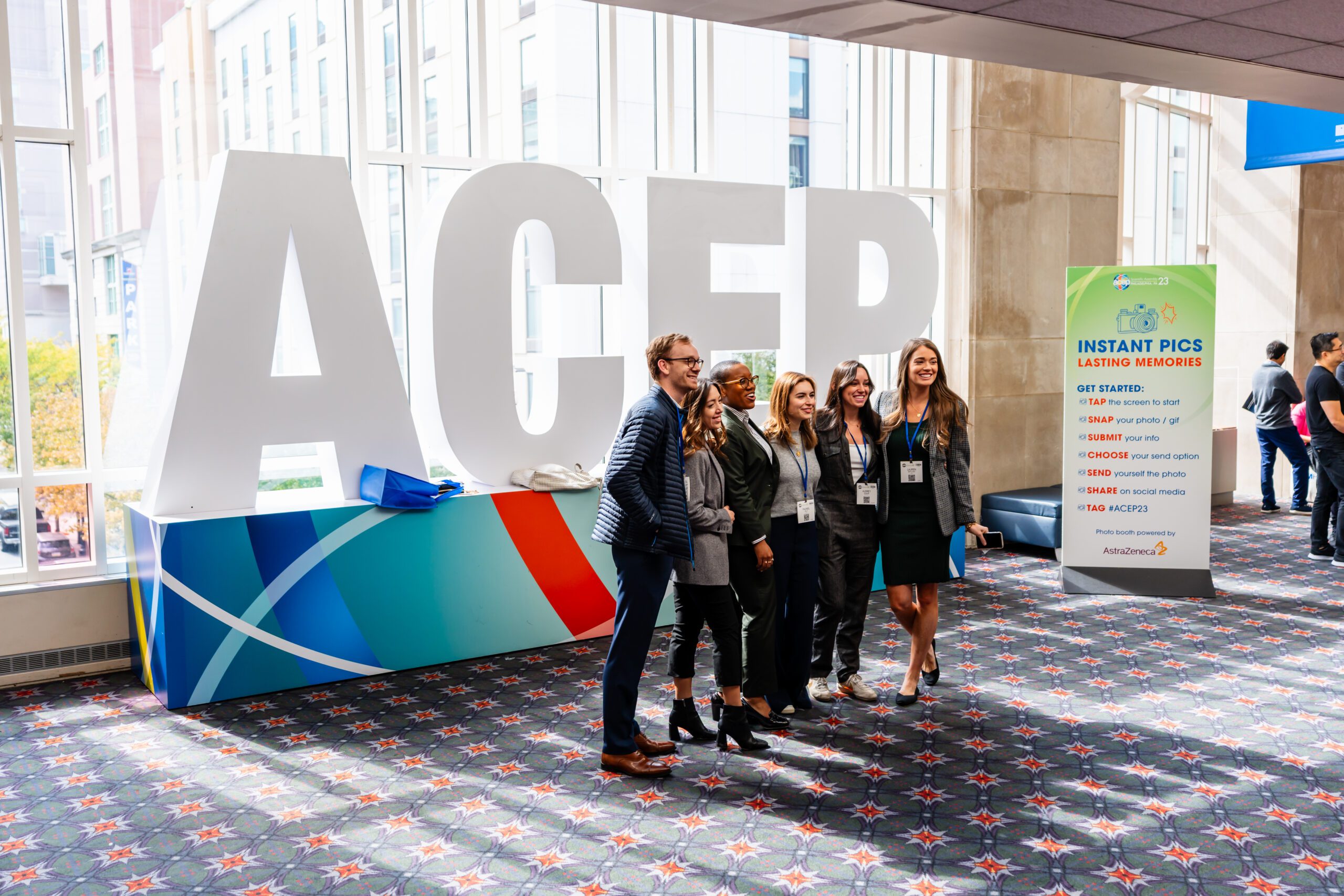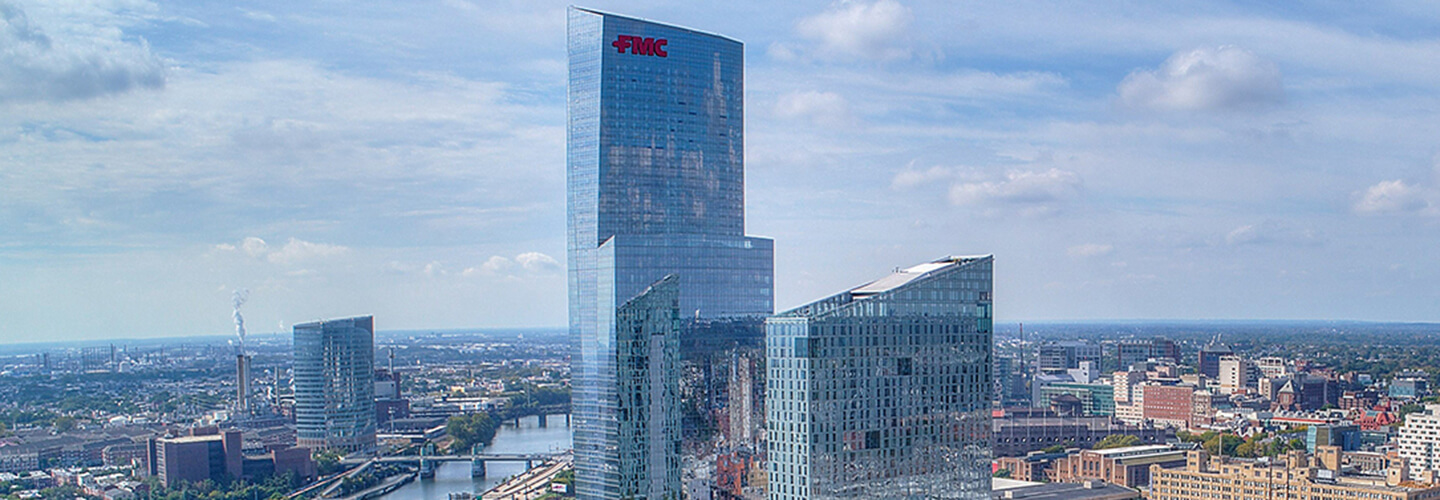
As connectors to Philadelphia’s expansive life science community, PHL Life Sciences has access to some of the most innovative leaders in the industry. This makes Philadelphia the perfect destination for life science and medical meetings.
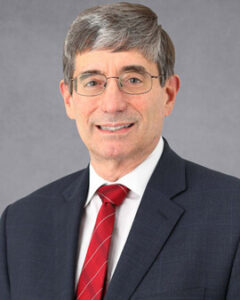
Dr. Kenny Simansky. Headshot courtesy of Drexel University.
One such member who serves on the PHL Life Sciences board is Dr. Kenny Simansky, a distinguished figure in academia. Dr. Simansky is the Senior Vice Dean for Research, and holds tenured professorships in Pharmacology and Physiology and Psychiatry at the Drexel University College of Medicine.
Dr. Simansky is known for his advocacy of interdisciplinary collaboration, successful fundraising for advanced facilities, and the elevation of the College’s research prominence. He offers his insights into Philadelphia’s life science community and why Philadelphia is a prime destination for medical meetings.
What is your role at Drexel University College of Medicine?
As senior vice dean for research, I am responsible for overseeing the strategic, regulatory, and operational aspects of our research enterprise to ensure sustainability and growth of our programs. I have an exceptional team of colleagues, and we work closely with the departmental chairs, the faculty, the trainees and, of course, Dean Charles Cairns, MD, to advance our work.
My team and I also work daily in collaboration with the Executive Vice Provost for Research and Innovation and his team, which spans all aspects of university research, including technology transfer and commercialization. Our college faculty are highly funded by the [National Institutes of Health (NIH)] and many of our doctoral trainees have individual NIH training grants that complement our institutional training award. As professor, I continue to teach graduate doctoral students, graduate medical residents in psychiatry and, occasionally, undergraduate students.
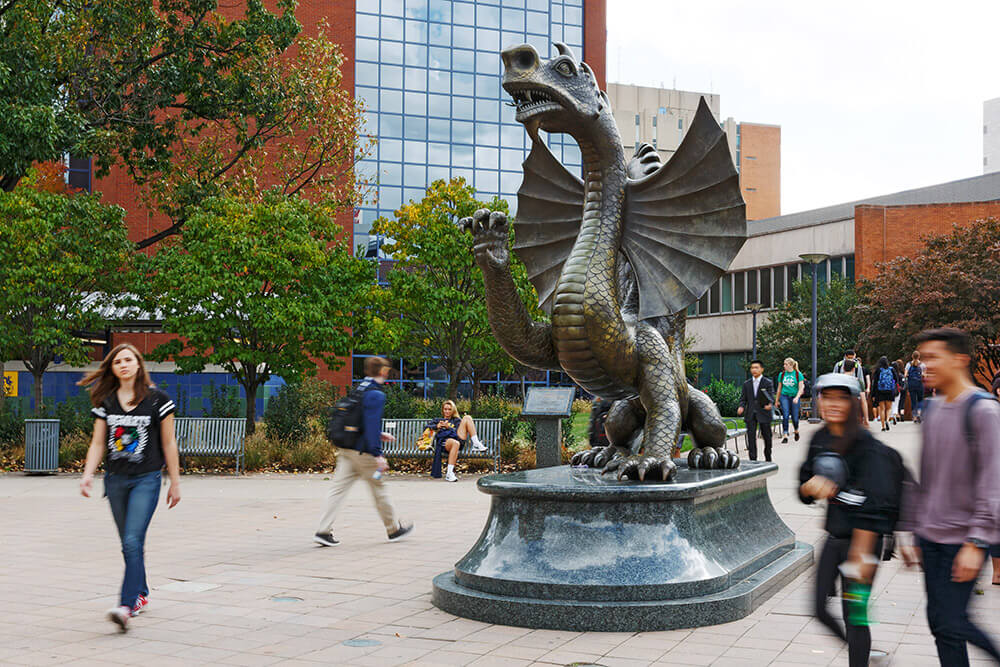
Drexel University. Photo by P. Loftland for PHLCVB.
How do you and your organization work with PHL Life Sciences?
PHL Life Sciences plays a critical role in the burgeoning ecosystem for research in the health and life sciences, from molecular work at the bench to health- and bioinformatics to clinical research (and all the specializations leading to translation, commercialization, and application to patients). Over many years, PHL Life Sciences has established a strong platform where networking occurs leading to new ideas, new opportunities for developing intellectual property, and new applications to improve the health of citizens in our region and nationally.
Our gatherings always demonstrate the terrific relationships among the members and that positive culture certainly drives science and business. I represent Drexel University, including my medical college, and have brought many exciting links to my colleagues.
Why is Philadelphia such an exciting center for life sciences businesses?
Philadelphia is more exciting than ever for life sciences businesses and that is reflected in the dramatic increase in recent years in the number of biotechnology companies making the corridor in University City and the entire surrounding region their home. We have major academic institutions that lead discovery in health and life sciences, and also in the technological innovation so necessary for inventing the diagnostics, preventative interventions and therapeutics of the future. These have already had and will continue to dramatically protect and improve the lives of people locally, nationally, and across the globe.
For example, we are the home of the Nobel Prize winning mRNA platform that led to novel vaccines that saved so many lives worldwide. We stand out from other destinations by the sheer concentration of talent, research institutions, sources of investment, organizations such as PHL Life Sciences, and governmental leadership that creates powerful partnerships that guarantee ideas find their way to the markets and patients. The explosion of buildings and infrastructure is a testament to this optimism.
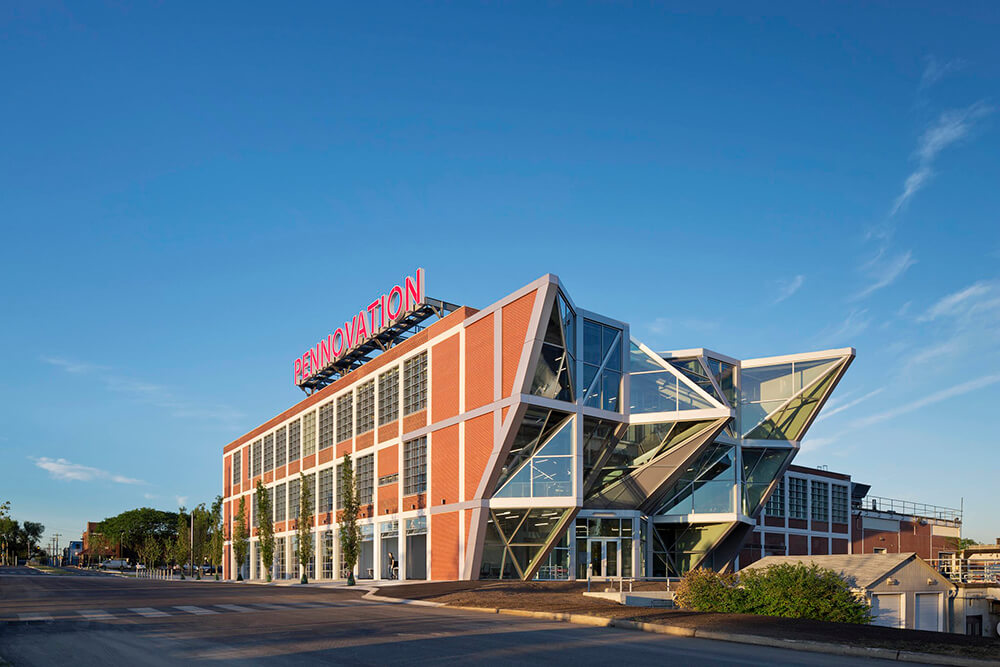
Photo courtesy of the Pennovation Center and University of Pennsylvania.
How will higher education help fill the pipeline to prepare for careers in life sciences?
The universities and institutes in the Philadelphia region have very long histories of success in training people in fundamental biomedical science, engineering, clinical science, information sciences, public health and business to meet the challenges of economic health and society more broadly. This is true now more than ever and the projections are grand.
What does the future hold for Greater Philadelphia’s life science sector?
During the next five, 10, 20 years, the life science sector in Greater Philadelphia will become an international destination for exceptional talent in research, entrepreneurs, and companies with disruptive technologies. That has already begun.
Could you share your experiences at the Pennsylvania Convention Center?
I have attended many conferences and other events hosted by major professional societies, trade associations, and academic entities. The spaces have supported content in many forms, are outstanding for interpersonal interactions, provide expansive venues for dinners, and lend themselves overall to great success in advancing agendas.
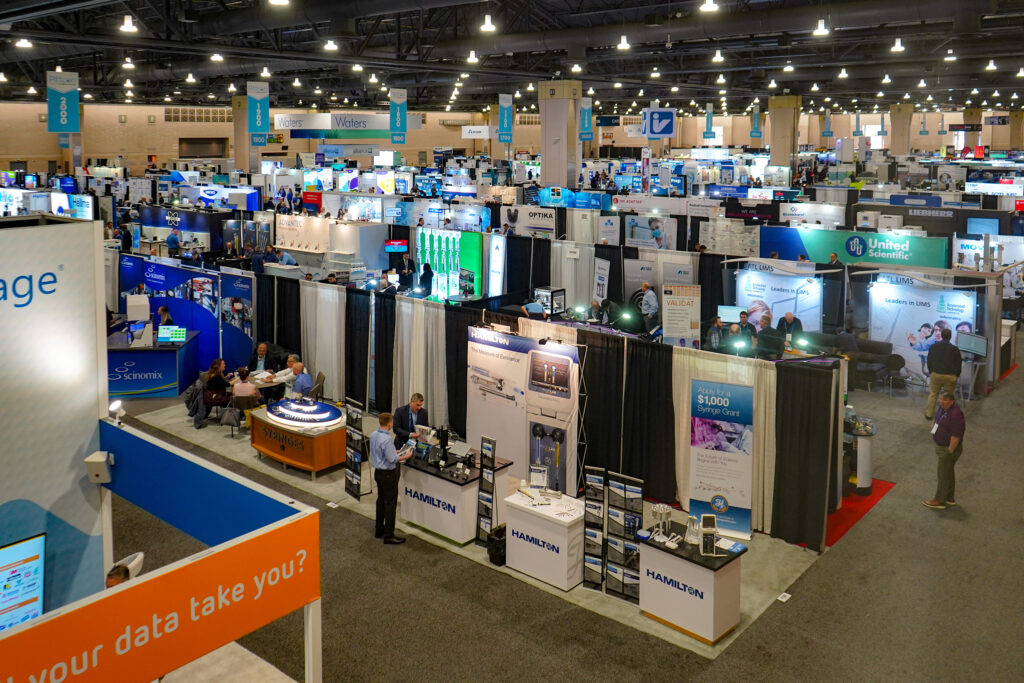
Pittcon 2023 at the Pennsylvania Convention Center. Photo by J. Ryan for the PHLCVB.
Why should planners choose Philadelphia to host their life science meetings and events?
In Philadelphia, many years ago, we showed the world how to reimagine government; now, we will lead the world in disrupting and innovating life and health science.
